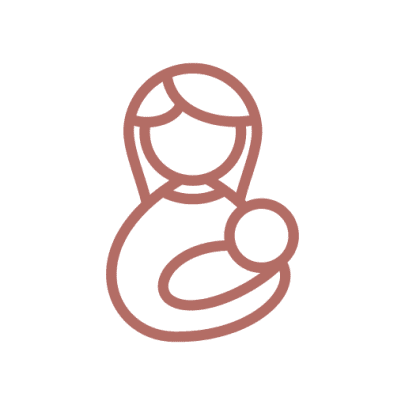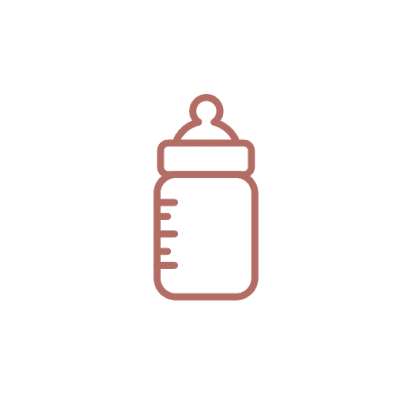Pregnancy is the right time to adopt a fantastic diet.
During pregnancy all of your bodily resources are called upon to help your baby grow. Some nutrients like folic acid, iron and long chain omega-3 fats are required in much larger amounts than usual. Folic acid helps protect against birth defects like spina bifida. It’s also important to address any low iron symptoms as early as you can.
Having the occasional cake or muffin is not going to matter, but if you give in to food cravings too often, those empty calories could go straight to your hips. Instead of chocolate biscuits and juice, snack on low fat yoghurts, nuts or fruit.
Try not to fixate on the scale as a guide to whether you are eating well. Instead, focus on eating a good variety and balance of nutritious foods to keep both yourself and your baby healthy.
Don’t diet if you are concerned about losing your figure and returning to your pre pregnancy weight. Science shows that an under nourished body can become fat thrifty. Put simply, this means that the last thing you want to do is try to diet while you are pregnant. Instead, focus on eating a diet that replaces all of the nutrients your body uses up everyday.
The last weeks of pregnancy are a good time to boost DHA, an omega 3 fat that is essential for you and your child. A diet rich in DHA has been shown to enhance concentration, memory and learning ability in children, whereas deficiencies of DHA have been associated with learning deficits. A high concentration of DHA can be found in mother’s breast milk, and is the major source of DHA for infants during breast-feeding. A breast feeding mother can only supply a baby with what she has available in her own body stores, so consequently it is important for her to ensure that she is consuming adequate DHA in her diet. Canned salmon or sardines on toast are an easy way to provide lots of calcium and DHA.
A study published in the Journal of Human Reproduction found that a women’s fertility dropped by as much as 4% for each body mass unit (BMI), over a BMI of 29. Your BMI is your weight in kilos divided by your height squared. That means that if you are 164 cm tall and you weigh more than 78 kg’s then losing weight will greatly improve fertility and health.
If you have weight to lose, it is best to get professional advice. This way you can ensure your day-to-day diet provides all the nourishment you need for a healthy pregnancy. In addition, take a vitamin and mineral supplement specially formulated to support the nutrient status of pregnancy.
This is a guest author contribution from
Jacquie Dale
Real Nutrition









